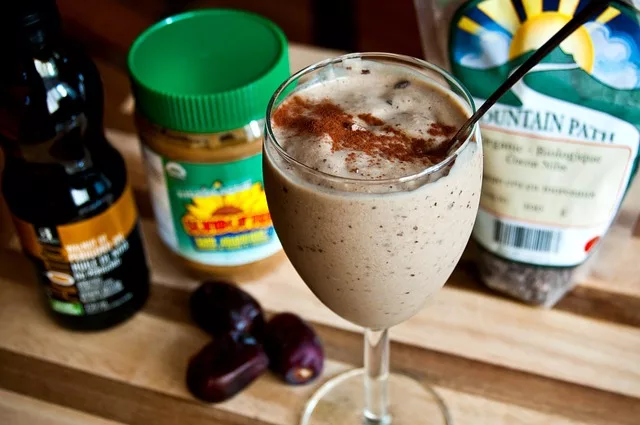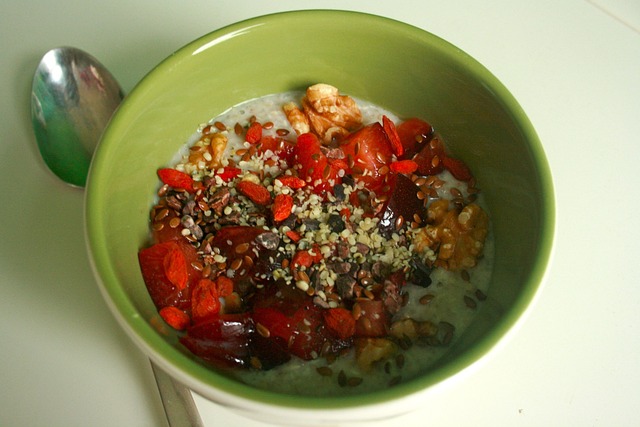Protein is an essential macronutrient that plays a crucial role in the growth, repair, and maintenance of our body’s tissues. It is involved in numerous physiological processes, including muscle development, enzyme production, hormone regulation, and immune function. While protein is undoubtedly important, determining the right amount of protein intake can be a complex matter. In this article, we will explore the recommended protein requirements for humans and shed light on the potential consequences of consuming excessive amounts of protein.
Protein Requirements
The recommended protein intake varies depending on several factors, including age, sex, body weight, physical activity level, and overall health status. The Recommended Dietary Allowance (RDA) is a guideline developed by authoritative bodies to establish a daily protein intake that meets the needs of most healthy individuals. As of the latest guidelines, the RDA for protein intake is approximately 0.8 grams per kilogram of body weight for adults. This equates to about 56 grams per day for the average sedentary man and 46 grams per day for the average sedentary woman.
However, it is important to note that these recommendations are intended to prevent deficiencies and may not be optimal for everyone. Athletes, pregnant or breastfeeding women, older adults, and individuals recovering from injuries or certain medical conditions may have higher protein requirements. In such cases, consulting with a registered dietitian or healthcare professional can help determine personalized protein needs.
Effects of Excessive Protein Intake
While protein is vital for overall health, consuming an excessive amount can have potential implications. Here are some factors to consider:
- Digestive Issues: Consuming large quantities of protein in a single sitting can overwhelm the digestive system, leading to discomfort, bloating, and diarrhea. Proper portioning and spreading protein intake throughout the day can alleviate these symptoms.
- Kidney Strain: Excessive protein intake may put strain on the kidneys, as they are responsible for filtering waste products generated during protein metabolism. In healthy individuals, this is not a significant concern. However, those with pre-existing kidney conditions should be cautious and consult with a healthcare professional.
- Nutrient Imbalances: Relying heavily on protein sources can potentially displace other essential nutrients from the diet, leading to imbalances. A well-rounded diet that includes a variety of nutrient-dense foods is crucial for maintaining optimal health.
- Dehydration: High-protein diets can increase water needs, as protein metabolism requires additional water for waste elimination. It is important to maintain adequate hydration levels to support proper kidney function and prevent dehydration.
- Long-term Health Effects: Some studies suggest that chronic high-protein diets, particularly those relying heavily on animal sources, may be associated with an increased risk of certain health conditions, such as heart disease, osteoporosis, and certain types of cancer. However, more research is needed to fully understand the long-term effects of high protein intake.
Protein is an essential nutrient required for various bodily functions, and meeting the recommended daily protein intake is crucial for overall health. While the average person can easily meet their protein needs through a well-balanced diet, individual requirements may vary. Consuming excessive protein can have potential side effects, primarily affecting digestion, kidney function, and nutrient balance. It is important to maintain a balanced approach to protein intake and consult with healthcare professionals or registered dietitians when in doubt.
Remember, achieving a well-rounded diet that includes a variety of nutrient-dense foods, including lean meats, poultry, fish, legumes, whole grains, nuts, and seeds, is key to supporting overall health and meeting protein needs without going overboard.
Image by Terigentes from Pixabay








Leave a Reply